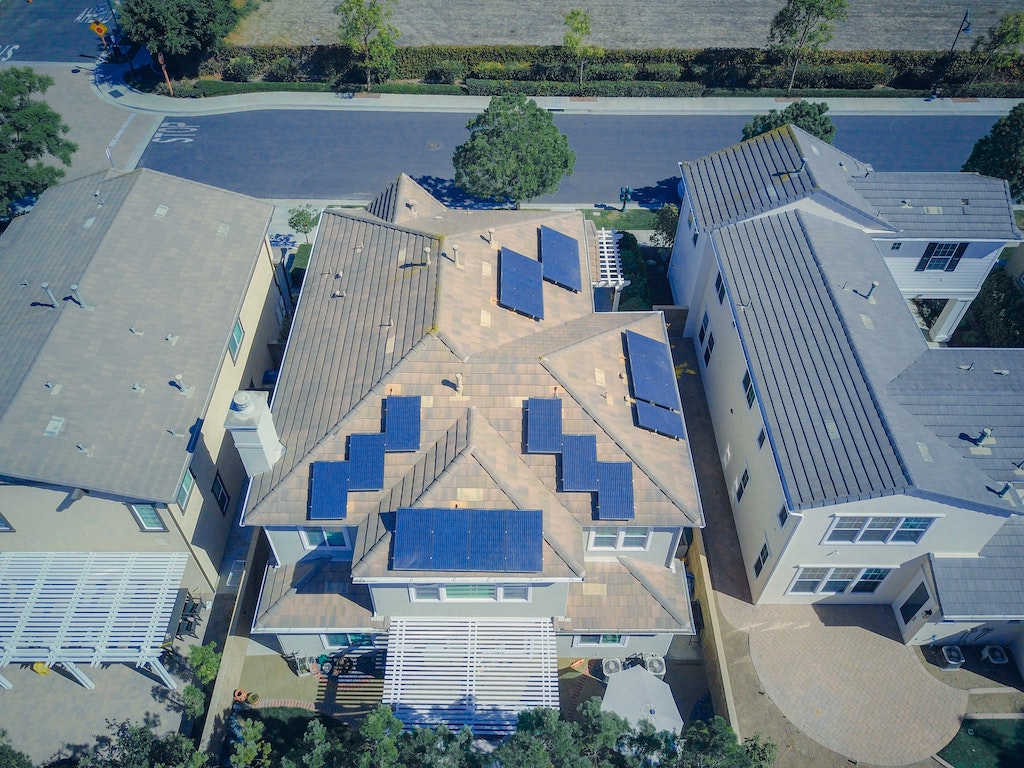More and more homes are switching to solar panels worldwide. When considering the installation of solar panels, one of the primary concerns is how it will impact your homeowners insurance. Here’s what you need to know about solar panels and home insurance.
Does Homeowner’s Insurance Cover Solar Panels?
Generally, yes—once installed, solar panels are likely to be considered part of your home and thus typically covered under the dwelling coverage section of your homeowner’s insurance policy. However, make sure you confirm this by contacting your insurance provider, as each insurer may have different policies regarding solar panels, and there may be exclusions or limitations.
Impact on Insurance Premiums
Adding solar panels to your home can increase its value, which might lead to a slight increase in your insurance premiums, similar to how upgrading to a more expensive car would affect your car insurance rates. However, the exact impact on your premiums can vary based on your current coverage limits and the value of the installed system. For many, the existing policy will suffice without significant premium hikes, but assess if your coverage adequately protects your investment against potential losses and covers the replacement cost of your home.
Separate Insurance Policies for Solar Panels
While your existing homeowner’s insurance policy might cover solar panels, there are situations where you might need a separate policy or an add-on. This is often the case for systems not attached to your primary dwelling. Consulting with your insurance agent will help clarify whether your current policy is adequate or whether additional coverage is necessary.
Steps to Ensure Adequate Coverage of Solar Panels
As a homeowner with solar panels, you must proactively ensure adequate insurance coverage.
- Conducting a comprehensive insurance review: Review your existing homeowners insurance policy. Pay close attention to the sections related to dwelling coverage, other structures coverage, and liability coverage. Understand what is covered and any limits that may apply.
- Updating your policy to reflect solar panel installation: If you’ve recently installed solar panels or plan to do so, inform your insurance provider promptly. They will need to adjust your policy to account for the increased value of your property and the presence of the solar panel system.
- Communicating with your insurance provider: Engage in open communication with your insurance provider. Ask questions about how your policy covers solar panels and inquire about any available endorsements or additional coverage options.
- Documenting your solar panel system for insurance purposes: Keep detailed records of your solar panel installation, including photographs, receipts, and any relevant warranties. This documentation can be invaluable if you need to file a claim related to your solar panels.
Leasing Solar Panels
The insurance typically falls to the leasing company if you lease your solar panels. They generally cover solar system insurance, so you won’t have to manage an additional policy. This option can be convenient for those looking to avoid upfront costs and complex insurance negotiations.
The future of solar panels and home insurance holds promise, with growing adoption and evolving insurance practices. Stay informed about changes in the industry and make informed decisions to protect your investment in solar energy while ensuring you have the right insurance coverage for your needs.




